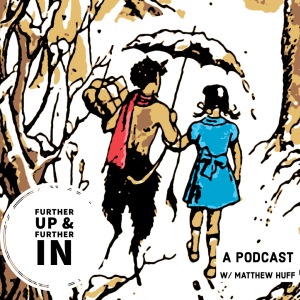“When Gregor Samsa woke up one morning from unsettling dreams, he found himself changed in his bed into a monstrous vermin.” Franz Kafka, The Metamorphosis
I drove home from school that evening,
My bag sprawled against the passenger seat,
Rain raking across the windshield,
And I mulled maddeningly over his opening line.
Poor Gregor, I thought,
It’s bad enough to endure
Unsettling dreams,
But to wake up one morning only
To find yourself transformed into a
Monstrous vermin…
What a way to go.
Then, as I drifted into my driveway,
I began to question the very nature of change.
The Metamorphosis, it’s called,
He awakes to find he had become
Something else entire.
Clever, but simply fiction.
No early morning spontaneous change for the rest of us in the
Real world.
I continued to ponder Gregor’s condition
As I walked through my kitchen,
Kissed my wife,
And knelt to the floor of my living room to tussle with my daughters,
To release the hours of giggling from the depths of their little lungs,
To wage another campaign in the infamous Tickle Wars.
I had almost forgotten Kafka’s novella
And Gregor’s plight,
When my oldest had settled her spurs in the floor
To summon her favorite horse for a quick saunter around the house.
As I bent to my hands and knees,
Lowering my back to help her saddle up,
I remembered the magic of change, the invisible truth that
Swells within the blood of fathers,
For all my philosophies and empty questions
Faded into shadow as my fingertips hardened to hooves,
Thick as iron,
And my mouth began to dribble the dabbled joy of stallions.
It was then,
As the cool carpet sprang forth with grass,
And the dusty wind howled through our TV screen to breeze across
My daughter’s laughing chin,
That I believed again in metamorphosis,
And I neighed loud enough to stay the dawn
And send Gregor back to sleep.


 I am sure with a
I am sure with a